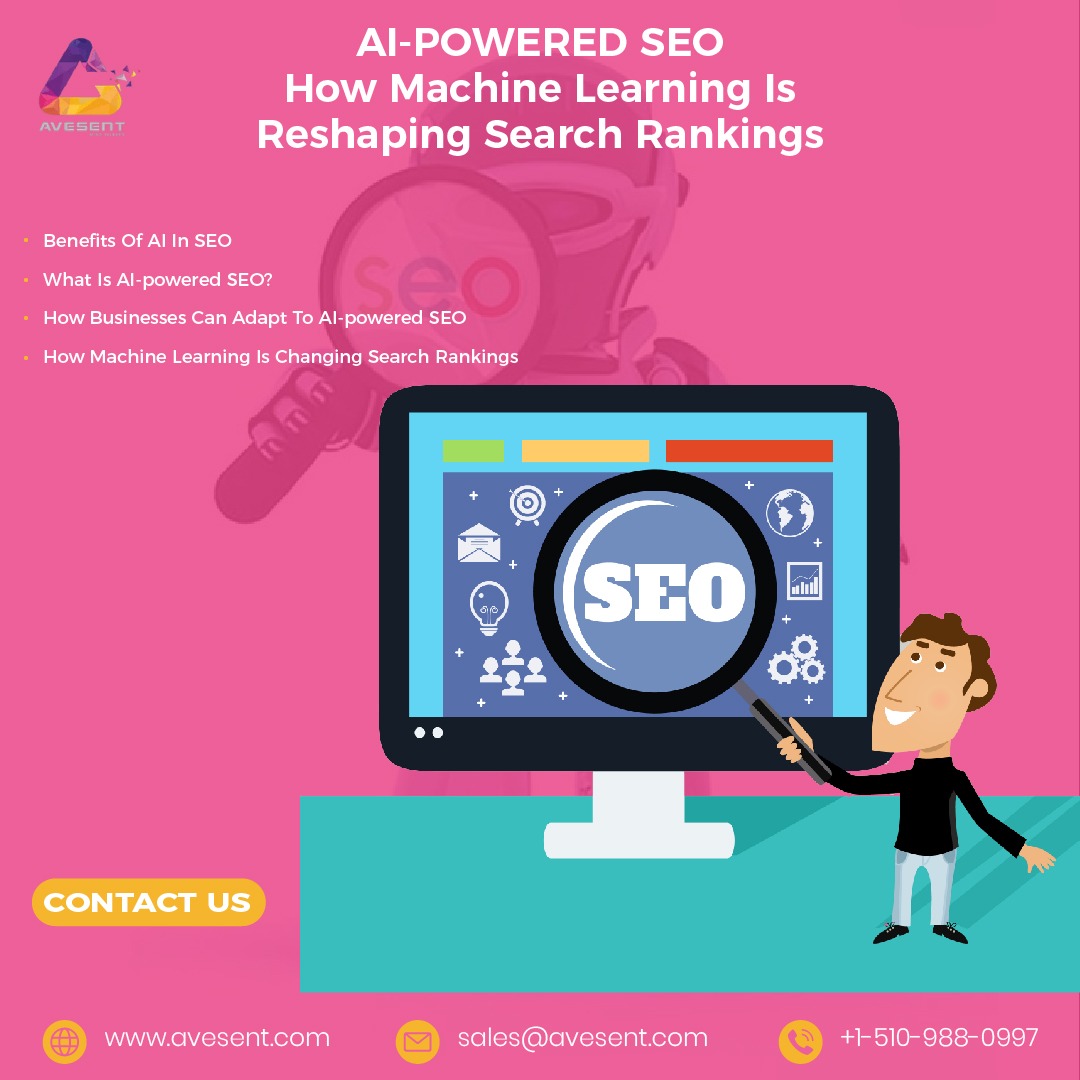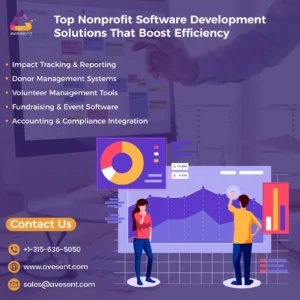Artificial intelligence (AI) and machine learning (ML), the way search engines evaluate and rank websites has drastically changed. Google’s algorithms have evolved to focus on user experience, intent, and content relevance, making AI an essential part of SEO strategies.
In this blog, let’s explore how AI-powered SEO works, how machine learning reshapes search rankings, and why businesses should embrace it to stay ahead in the digital race.
What is AI-Powered SEO?
AI-powered SEO refers to the use of artificial intelligence tools and algorithms to analyze data, predict trends, and optimize content for search engines. Unlike traditional SEO, which relied heavily on manual keyword research and link building, AI enables marketers to:
- Understand user intent more accurately.
- Generate high-quality, optimized content faster.
- Analyze competitors and market trends in real time.
- Automate technical SEO and on-page recommendations.
Tools like Google RankBrain, BERT, and ChatGPT are examples of how AI is being integrated into search engines and SEO platforms.
How Machine Learning is Changing Search Rankings
Machine learning allows search engines to “learn” from user behavior and improve ranking systems continuously. Here’s how it is reshaping SEO:
1. User Intent Takes Center Stage
In the past, SEO meant inserting exact-match keywords. Now, machine learning models analyze queries contextually. For example, if someone searches “best phone for photography,” the algorithm knows the user is looking for recommendations, not just a definition of a phone. This means businesses must focus on creating intent-driven content.
2. Personalized Search Results
AI tracks how users interact with content – what they click, how long they stay, and whether they bounce back. Search results are now personalized based on location, browsing history, and preferences. To rank higher, websites must provide relevant and engaging content that keeps users hooked.
3. Smarter Content Recommendations
Machine learning enables platforms like Google Discover to suggest content users might like, even before they search. This creates new opportunities for businesses to appear in front of their target audience without traditional keyword ranking.
4. Voice and Visual Search Optimization
With AI-driven tools like Google Lens and voice assistants (Alexa, Siri, Google Assistant), search queries are changing from text to conversational and image-based searches. SEO must now optimize for natural language, featured snippets, and alt text to stay visible.
5. Predictive Analytics for SEO
AI-powered tools can forecast ranking trends by analyzing competitors, backlinks, and keyword opportunities. This helps marketers stay proactive instead of reactive, reshaping how strategies are built.
Benefits of AI in SEO
Embracing AI and machine learning in SEO offers multiple advantages:
- Better Content Quality – AI tools help create well-structured, relevant, and engaging content.
- Improved User Experience – Personalized recommendations increase dwell time.
- Faster Data Analysis – AI can process huge datasets in seconds, providing insights for strategy.
- Automation – Routine tasks like meta tag optimization and internal linking can be automated.
- Future-Ready SEO – Businesses that adapt to AI will have a competitive edge.
How Businesses Can Adapt to AI-Powered SEO
To leverage AI in SEO, companies should:
- Use AI-based SEO tools like SEMrush, SurferSEO, and Clearscope.
- Focus on topic clusters and not just keywords.
- Optimize for voice and mobile-first searches.
- Create value-driven, intent-focused content.
- Monitor user experience signals such as dwell time, bounce rate, and CTR.
Conclusion
AI-powered SEO is not the future—it is happening now. Search rankings are no longer decided by keyword density alone but by machine learning algorithms that understand intent, relevance, and user experience. Businesses that embrace AI-driven SEO strategies will be able to rank higher, engage better, and stay ahead of competitors in this evolving digital landscape.
If you want to grow your online presence, it’s time to align your SEO strategy with AI and machine learning trends.




